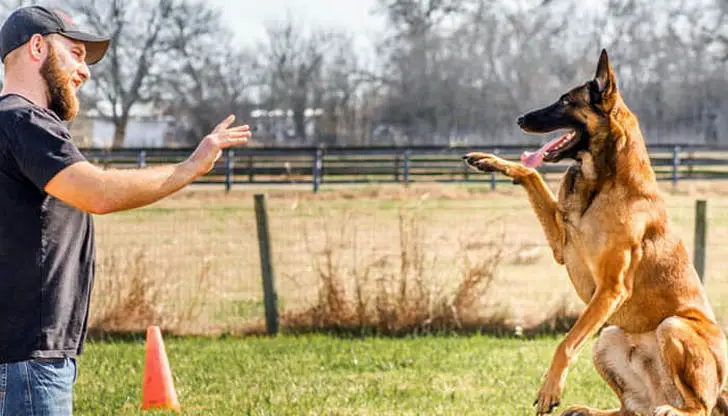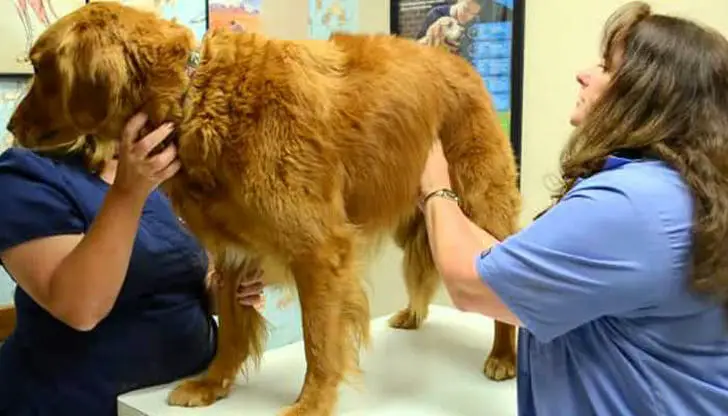Most Common Bad Dog Behavior and Solutions
Advertisement

"A dog is the only thing on earth that loves you more than you love yourself." - Josh Billings
Dogs are indeed our loyal and loving companions, often forming an unbreakable bond with their human counterparts. Yet, like any relationship, it's not always smooth sailing. For pet owners, encountering bad behavior in their dogs is a common challenge. Whether you're a seasoned dog owner or considering bringing a new furry friend into your life, understanding and addressing these behaviors is essential.
This essay delves into the world of common bad dog behavior and provides effective solutions for these issues. From excessive barking to destructive chewing and even aggression, we'll explore each behavior, its underlying causes, and the strategies to overcome them. Together, we'll create a harmonious and fulfilling partnership with our canine friends.
Aggression

One of the most concerning bad behaviors in dogs is aggression. This can manifest as growling, biting, or even full-blown attacks. Aggression in dogs is typically rooted in fear, dominance, or territorial instincts. If left unaddressed, it can pose a significant risk to people and other animals.
Solution:

Consult a Professional: If your dog displays aggressive behavior, it's crucial to consult a professional dog trainer or behaviorist. They can assess the root cause of aggression and provide a tailored plan for rehabilitation.
Obedience Training: Obedience training helps in establishing boundaries and improving the dog's self-control. Commands like "sit," "stay," and "leave it" can be invaluable in managing aggression.
Positive Reinforcement: Reward-based training methods can encourage positive behavior. Treats, praise, and toys can be used to reinforce good behavior.
Excessive Barking

Dogs communicate through barking, but excessive barking can be a nuisance. Dogs may bark due to boredom, anxiety, or territorial reasons, and it can disrupt the peace in your home.
Solution:

Identify Triggers: Understand what triggers your dog's barking. Is it the mail carrier, strangers passing by, or loneliness? Once you identify the triggers, you can work on desensitizing your dog to them.
Provide Mental Stimulation: Many dogs bark out of boredom. Provide toys, puzzles, and interactive games to keep their minds occupied.
Training: Use commands like "quiet" and "enough." Reward your dog when they stop barking on command. Consistency is key to effective training.
Destructive Chewing

Chewing is a natural behavior for dogs, but when they chew on furniture, shoes, or other valuable items, it becomes a problem.
Solution:

Provide Chewing Alternatives: Give your dog appropriate items to chew on, such as chew toys or bones. This redirects their chewing instincts to acceptable objects.
Crate Training: Crates can be used to limit your dog's access to items they shouldn't chew. Ensure the crate is a comfortable and safe space.
Supervision: When not using a crate, supervise your dog. If they start chewing on something inappropriate, redirect their attention to a toy.
Separation Anxiety

Many dogs experience separation anxiety when left alone. This can lead to behaviors like excessive barking, destructive chewing, and house soiling.
Solution:

Gradual Departures: To reduce separation anxiety, make your departures low-key. Avoid making a fuss when leaving or returning home.
Desensitization: Train your dog to be alone for gradually increasing periods. Start with short durations and gradually extend the time.
Consider a Companion: In some cases, getting a second dog can alleviate separation anxiety. However, this should be a well-considered decision.
House Soiling

House soiling is a common problem, especially in puppies. It can result from incomplete housetraining or medical issues.
Solution:

Housetraining: Establish a consistent housetraining routine. Take your dog outside after meals and playtime, and reward them for eliminating outside.
Clean Accidents Promptly: Thoroughly clean soiled areas to remove the scent, which can attract your dog back to the same spot.
Medical Examination: If house soiling is sudden or severe, consult a vet to rule out any underlying medical issues.
Conclusion

While bad dog behavior can be frustrating, it's essential to remember that most issues can be addressed with patience, consistency, and appropriate training. In cases of severe or persistent problems, seeking guidance from a professional dog trainer or behaviorist is highly recommended. By understanding the root causes and implementing effective solutions, you can help your furry friend become a well-behaved and happy companion.



